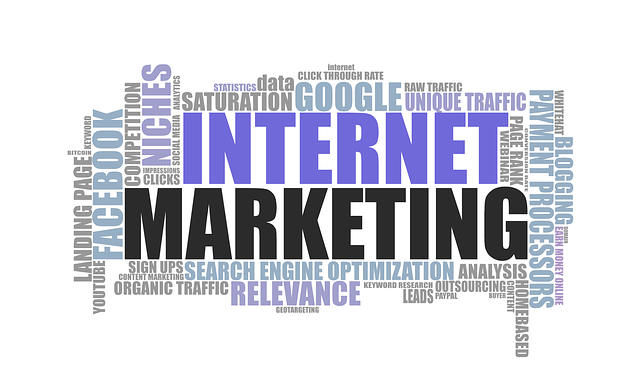AI tools are transforming auto industry operations by optimizing parts management, enhancing productivity, and reducing costs through predictive maintenance. They automate part compatibility identification and forecast equipment failures, shifting mechanics' focus from reactive to preventive measures. Additionally, AI-driven chatbots handle customer service, freeing up staff for complex issues, improving efficiency, and customer satisfaction.
In today’s competitive auto industry, leveraging AI offers a powerful route to enhance efficiency and cut costs. This article explores strategic AI cost-saving strategies tailored for auto businesses. From streamlining operations through efficient parts management to predictive maintenance that anticipates issues before they arise, these AI tools significantly boost automotive repair productivity. Additionally, automated customer service via chatbots reduces labor expenses while enhancing client satisfaction. Discover how AI can revolutionize your auto business and drive substantial savings.
- Streamlining Operations: AI for Efficient Parts Management
- Predictive Maintenance: Reducing Costs by Foreseeing Issues
- Automated Customer Service: Cutting Costs with Chatbots
Streamlining Operations: AI for Efficient Parts Management

Artificial intelligence (AI) is transforming the automotive industry, and one of its most significant impacts lies in streamlining operations, especially when it comes to parts management. AI tools can optimize inventory levels by predicting demand based on historical data and real-time trends, minimizing overstocking and understocking. This ensures that auto repair shops have the right parts available, enhancing productivity and reducing wasted resources.
Furthermore, these tools can automate the process of identifying compatible parts for various vehicle models, simplifying the search for mechanics and saving valuable time. By leveraging AI algorithms, automotive businesses can achieve a more efficient workflow, leading to cost savings without compromising on service quality.
Predictive Maintenance: Reducing Costs by Foreseeing Issues

Predictive Maintenance is a game-changer for auto businesses, offering significant cost savings through proactive issue forecasting. Traditional maintenance schedules often result in either under or over-maintenance, leading to unnecessary expenses and downtime. AI tools, however, can analyze vast amounts of vehicle data from sensors and historical records to predict equipment failures with remarkable accuracy. By identifying potential issues before they become major problems, auto repair shops can reduce the need for costly emergency repairs and minimize disruptive downtimes.
This strategy optimizes automotive repair productivity by enabling mechanics to focus on preventive measures rather than reactive fixes. AI-driven predictive models can anticipate maintenance needs, allowing businesses to schedule service calls efficiently and allocate resources effectively. As a result, auto shops can offer more competitive pricing while maintaining high service quality, making them stand out in today’s market.
Automated Customer Service: Cutting Costs with Chatbots

Many auto businesses are turning to AI tools for improving automotive repair productivity, and a significant area of focus is automated customer service through chatbots. These AI-driven chatbots can handle initial customer inquiries, schedule appointments, and even provide basic troubleshooting advice, all 24/7. By automating these tasks, auto shops can reduce the workload on their human customer service representatives, leading to substantial cost savings.
Furthermore, chatbots can free up time for human staff to focus on more complex issues that require specialized knowledge, enhancing overall efficiency. This strategic shift not only cuts costs but also improves customer satisfaction by offering quick and accessible support, even after regular business hours.
AI offers a myriad of cost-saving strategies for auto businesses, from streamlining operations and predictive maintenance to enhancing customer service. By implementing these AI tools for improving automotive repair productivity, businesses can reduce costs, optimize efficiency, and provide a more seamless experience for their customers. Embracing these innovations is not just a step towards staying competitive, but also a necessity in today’s digital age.
